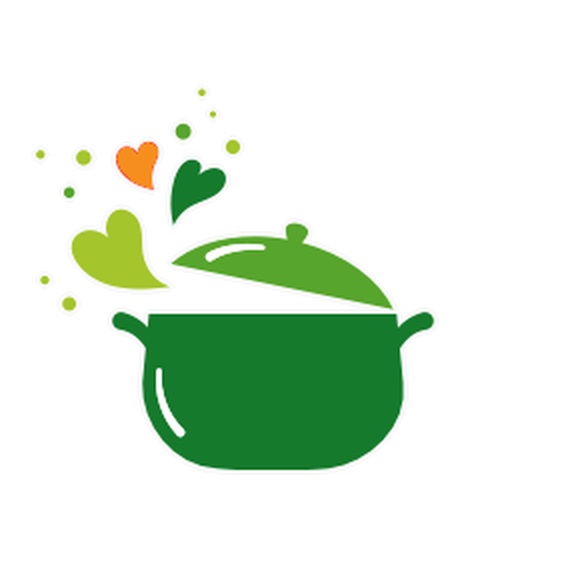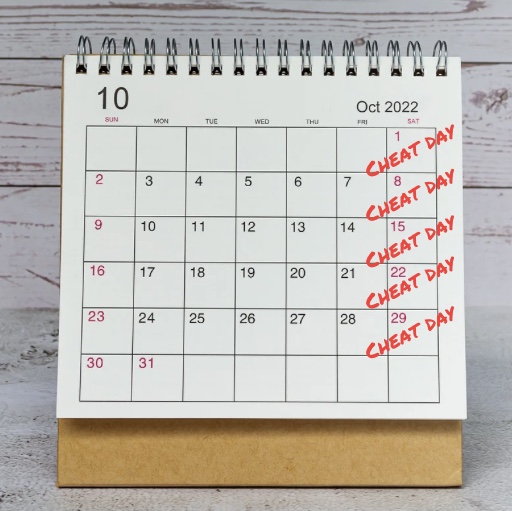I believe that one of the most common methods people use to try to lose weight is calorie counting. The theory seems very straightforward and simple – if our energy intake is lower than our energy expenditure, we should lose weight. But what if it’s not as simple as it appears at first glance?
I am personally no stranger to this concept. Over 10 years ago, when I knew close to nothing about truly healthy eating and believed so-called expert articles on the internet, I too fell for this trend for a while. When I set the goal of losing weight for my wedding dress, I approached it through calorie counting. In hindsight, it turned out that not only the wedding itself but also my method of losing weight by counting calories was a mistake. At the time, I didn’t have the knowledge I have today. I lacked perspective and common sense.
Calorie counting is problematic for several reasons. The first is that no matter how carefully you count, you will never calculate your intake exactly. This is due to several factors:
1) The method used for measuring and calculating calories for food labels is outdated, so the number you read may differ from reality by up to 30%, according to the latest studies. This is a significant margin when you think about it in the context of a week’s worth of meals.
2) I don’t believe it’s within human capability to weigh and record every single ingredient with absolute precision, so whatever you log into your chart will always be just an estimate. I speak from personal experience here. You might be able to keep up with precise weighing for about a week, but after that, it quickly becomes tedious, and you start estimating instead. Not to mention meals that we don’t prepare ourselves—when we eat at a restaurant or while visiting someone’s house, we’re hardly going to ask the chef exactly how many grams of olive oil they used.
3) We return again to the fact that our bodies are unique. There are fascinating studies where several people ate the exact same meal, yet each absorbed a different amount of calories from it. So while counting and logging your intake might give you an estimate, it will never be precise.

In the second, and what I believe is the main reason, we touch on an important point: pleasure vs. stress. I can’t imagine anyone truly enjoying the process of analyzing, weighing, and logging every meal, whether in a notebook or a mobile app. Not for a long time anyway, after the novelty wears off. I don’t believe this approach is sustainable in the long run. My experience with calorie counting can only be described as a “chore.” I eventually stopped looking forward to meals because I knew I’d have to weigh everything and convert it to grams yet again. I would even often choose to eat the same meals over and over, just because I had them saved in my app and didn’t have to do the analyzing again. The pleasure of eating good food had completely evaporated.
I am a strong advocate of the idea that food should be a source of pleasure, not administrative duties. Our goal should be to embrace a relaxed, healthy lifestyle that naturally becomes a part of our daily lives; and calorie counting simply doesn’t fit into this picture.
And there’s a third point that cannot be overlooked in this context, even though you’ve surely heard it a hundred times: not all calories are created equal. The value of food cannot be reduced to a single number on a product label. Common sense tells us that it simply can’t be the same if we eat an Oreo cookie or a bowl of vegetable soup, even if they have the same number of calories.
My days of calorie counting are thankfully long gone. I have since experimented with countless diets, methods and trends, abandoning them all in the process because I didn’t find any of them sustainable in the long run. They were all part of the journey that led me to the point I’m at now – complete freedom in eating amazing food without any restrictions and rules. I’m in my 30s now, I’ve given birth to 3 children, but physically I feel better than I did 10 years ago, child-free. And meals are not a chore anymore.
If you’d like to get to the point of freedom without all the detours that I took, I recommend reading my e-book A Guide to Healthy Eating from Shopping to the Plate, where I delve into how to find an individual and sustainable approach to healthy eating.


I am a mother of three with a passion for cooking and healthy lifestyle. My goal is to show all families that it’s actually really simple to cook healthy, everybody can eat great food, feel great and never stress about food.



